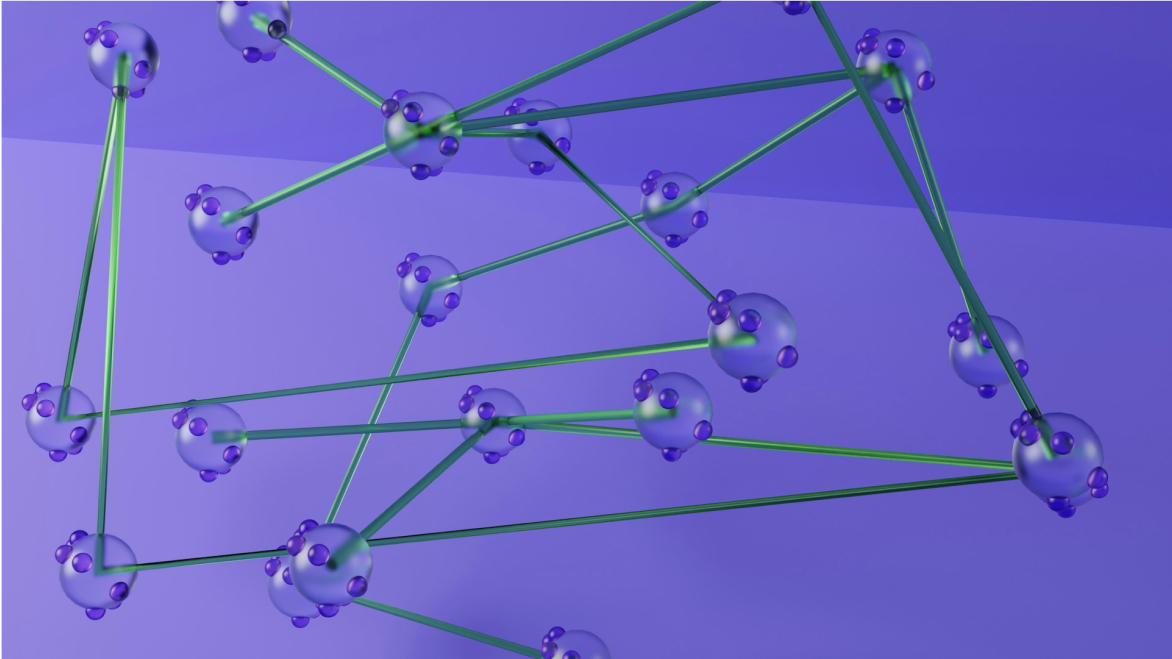Post
Share your knowledge.

Will AI Replace Human Developers in Web3?
The rapid advancement of AI-powered coding tools (like GitHub Copilot, ChatGPT, and Claude) has sparked debate: Will AI eventually replace Web3 developers? While AI is transforming how we build decentralized applications (dApps), the answer isn’t a simple yes or no.
This article explores:
How AI is already changing Web3 development
Limitations of AI in blockchain coding
The evolving role of human developers
Who will dominate the future of Web3: AI, humans, or both?
1. How AI is Transforming Web3 Development
AI is already assisting developers in key ways:
Faster Smart Contract Writing
- Tools like ChatGPT and Warp AI (for Solana) can generate basic smart contract templates in seconds.
- Example: "Write a Solidity ERC-20 token contract with burn functionality."
Automated Auditing & Bug Detection
- AI-powered tools (Certora, Slither) scan code for vulnerabilities like reentrancy attacks.
- Reduces $3B+ annual losses from DeFi hacks.
Natural Language to Code
- Developers can describe logic in plain English, and AI converts it into Move (Sui), Solidity (Ethereum), or Rust (Solana).
Optimizing Gas Fees & Deployment
- AI suggests gas-efficient transaction methods.
- Predicts best times to deploy contracts to avoid network congestion.
2. Why AI Won’t Fully Replace Web3 Developers (Yet)
Despite these advances, AI still has critical limitations:
Lack of Deep Blockchain Understanding
- AI can replicate existing code but struggles with novel cryptographic solutions (e.g., zero-knowledge proofs).
- Often hallucinates incorrect logic in complex smart contracts.
No Intuition for Security Risks
- AI may miss subtle attack vectors that human auditors catch.
- Example: An AI might not foresee a governance exploit in a DAO.
Inability to Innovate
- Most AI tools remix existing code rather than invent new consensus mechanisms or tokenomics models.
- True blockchain breakthroughs (like Ethereum’s PoS transition) still require human ingenuity.
Legal & Ethical Blind Spots
- AI can’t navigate regulatory gray areas (e.g., securities laws for token launches).
- Ethical decisions (e.g., decentralization vs. scalability trade-offs) need human judgment.
3. The Future: AI as a Co-Pilot, Not a Replacement
The most likely scenario? AI augments developers but doesn’t replace them.
Junior Devs Will Leverage AI
- Routine tasks (boilerplate contracts, unit tests) will be automated.
- Entry-level devs must upskill in security and architecture to stay relevant.
Senior Devs Will Focus on Innovation
- Top engineers will design new protocols, optimize L1/L2 systems, and tackle unsolved problems (e.g., MEV resistance).
New Roles Will Emerge
- "AI Smart Contract Trainers" – Fine-tuning models for blockchain-specific tasks.
- "Hybrid Auditor" – Combining AI tools with manual review.
Conclusion: AI is a Tool, Not a Takeover
AI will disrupt low-level coding jobs but won’t eliminate the need for skilled Web3 developers. Instead, the industry will shift:
- Average devs who rely on copy-paste coding risk obsolescence.
- Elite devs who master AI + deep blockchain expertise will thrive.
Final Verdict:
Short-term (2024-2026): AI handles 30-50% of boilerplate coding.
Long-term (2030+): Humans and AI co-create smarter, safer dApps.
- Sui
- Move
Sui is a Layer 1 protocol blockchain designed as the first internet-scale programmable blockchain platform.
- Why does BCS require exact field order for deserialization when Move structs have named fields?53
- Multiple Source Verification Errors" in Sui Move Module Publications - Automated Error Resolution42
- Sui Transaction Failing: Objects Reserved for Another Transaction24
- How do ability constraints interact with dynamic fields in heterogeneous collections?04
